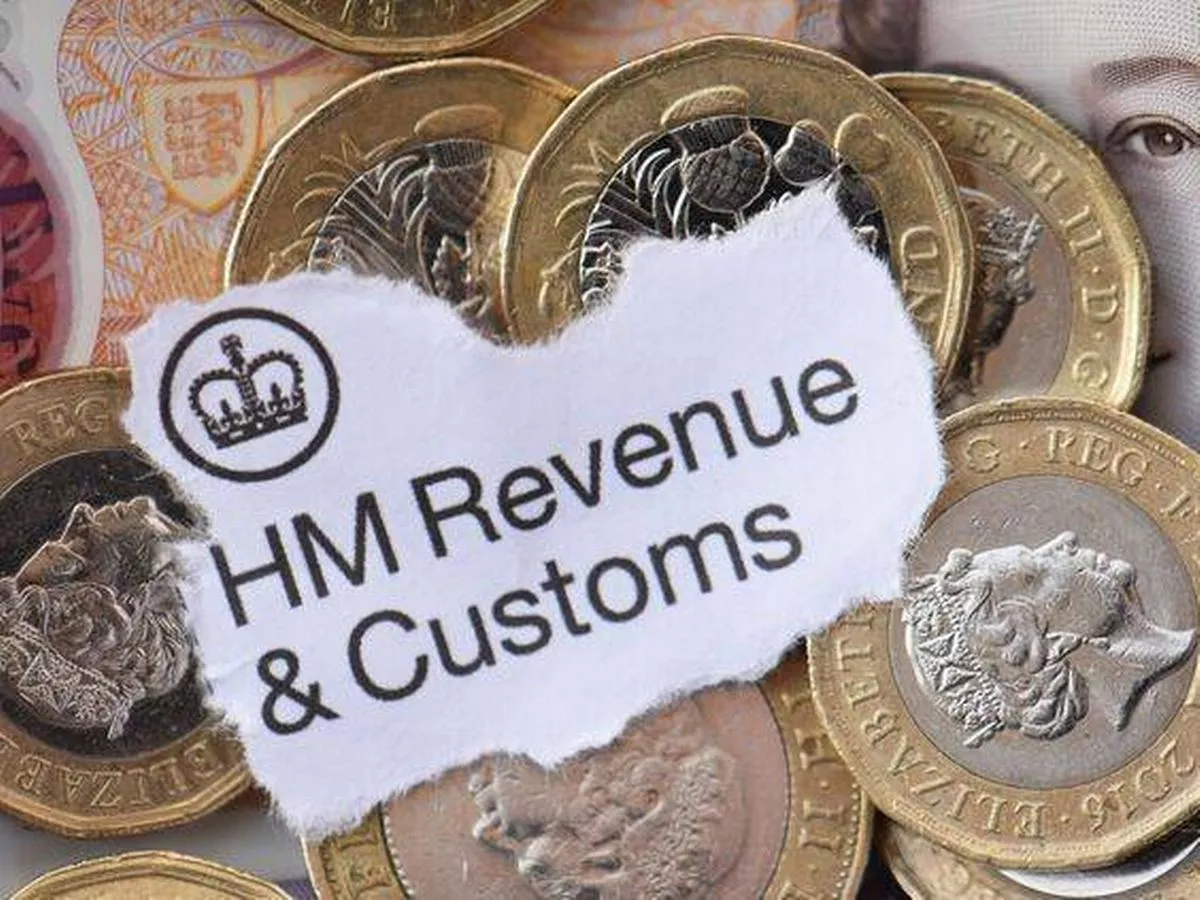By Alex Evans,Isabelle Bates
Copyright birminghammail

HMRC has resumed its power to directly extract money from bank accounts holding over £5,000 to settle unpaid tax debts. The tax authority had suspended this power during the pandemic but is now reinstating it in a ‘test and learn’ phase. This policy allows HMRC to directly take the owed amount from a current account or a Cash ISA if the debt exceeds £1,000. In a statement, HMRC said: “The government announced in the Spring Statement 2025 that HMRC would restart the use of DRD for individuals and businesses who choose not to pay the tax they owe. HMRC paused the use of DRD during the COVID-19 pandemic and has now restarted in a ‘test and learn’ phase. READ MORE: Keir Starmer confirms October cost of living payments for six million households Get our best money saving tips and hacks by signing up to our newsletter “This policy allows HMRC to recover money owed by requiring banks and building societies to pay directly from a debtor’s account, and/or funds held in Cash Individual Savings Accounts (ISAs). It can be used where debtors owe £1,000 or more, subject to safeguards.” These safeguards ensure that HMRC does not cause ‘undue hardship’ to those in debt by only taking money from accounts with more than £5,000. HMRC further clarified: “This includes… always leaving a minimum of £5,000 in the debtor’s accounts, so that we do not put a hold on money needed to pay wages, mortgages or essential business or household expenses.” HMRC also emphasises that every debtor will receive a face-to-face visit from the taxman before direct recovery is employed. Debtors will also be able to submit an appeal to HMRC within 30 days and no funds will be transferred until that 30-day period has elapsed. It continues: “Some people experience genuine financial difficulty paying their tax. This often happens when their life is affected by a major personal event, or their business develops a problem. HMRC routinely takes a sympathetic approach to those who need additional support. “When people realise they are not going to be able to pay on time, or if they require additional assistance with their taxes, they should get in touch as soon as possible. “To make sure vulnerable customers are fully supported during the use of DRD: a debtor that meets the strict criteria for DRD but is considered vulnerable, or in need of extra support will be taken out of DRD and offered help through the extra support team. HMRC worked with voluntary organisations and professional bodies on their communications to debtors affected by DRD, to ensure they provide helpful advice on how to seek further assistance.”



